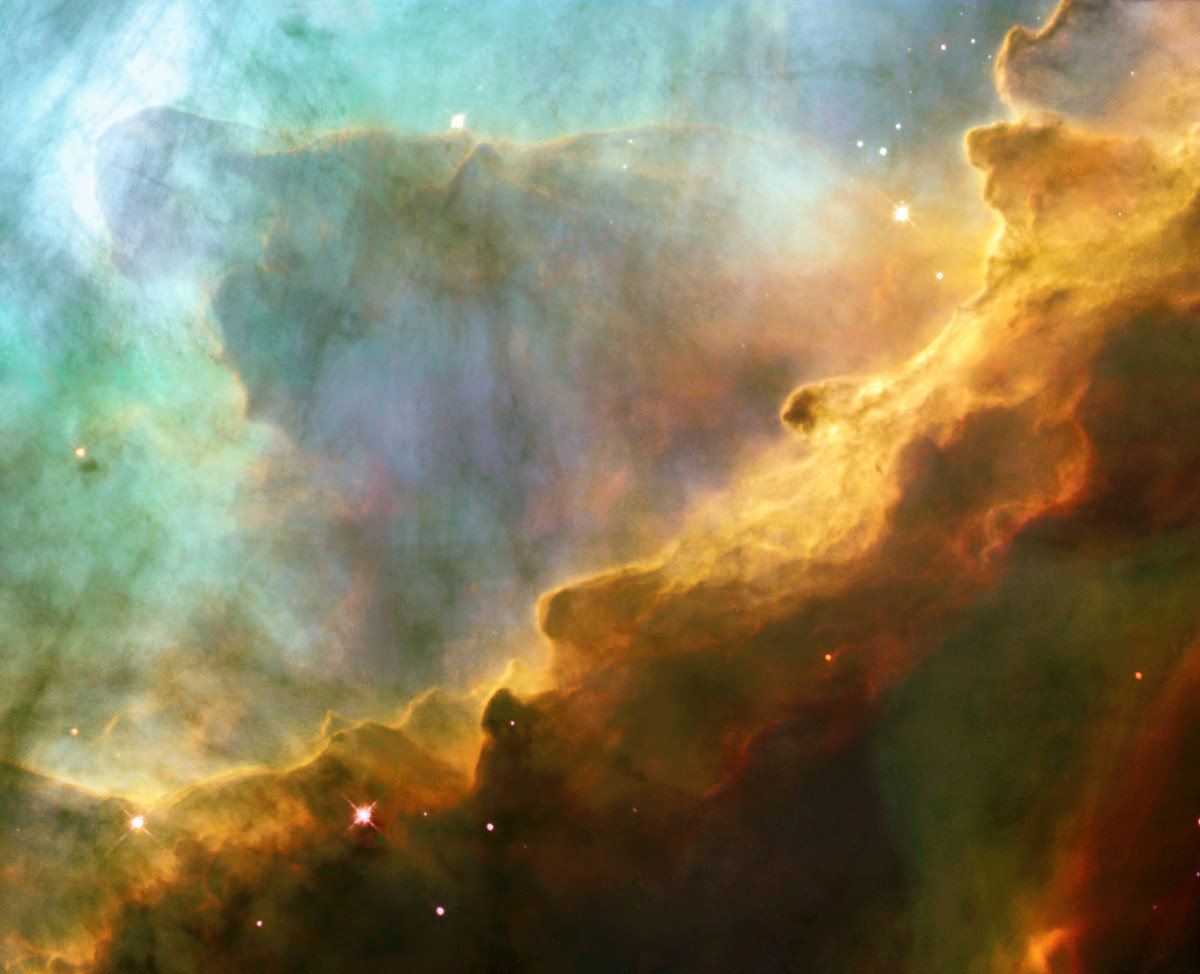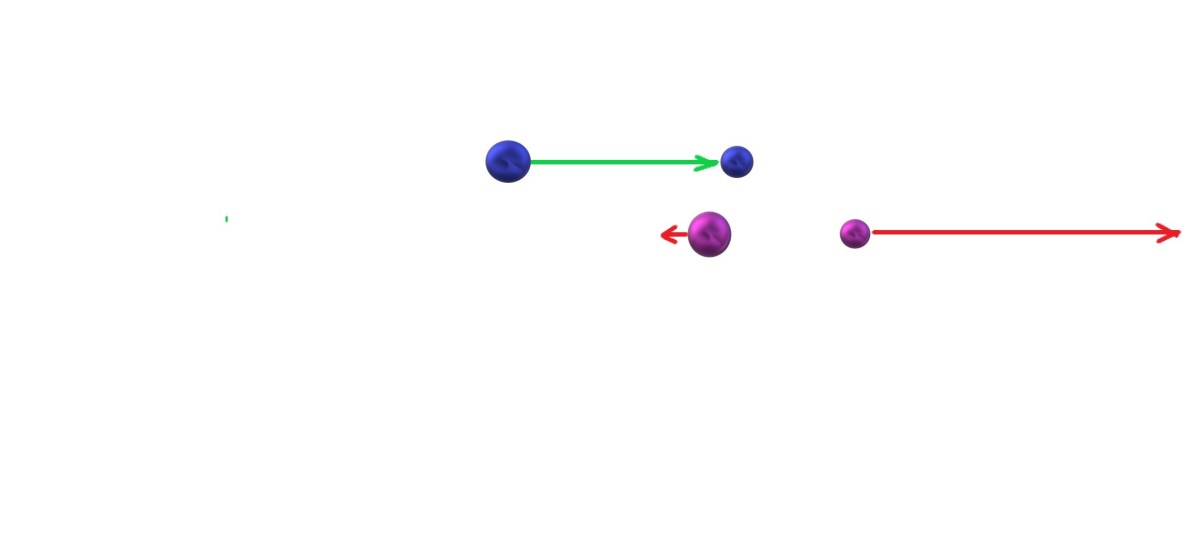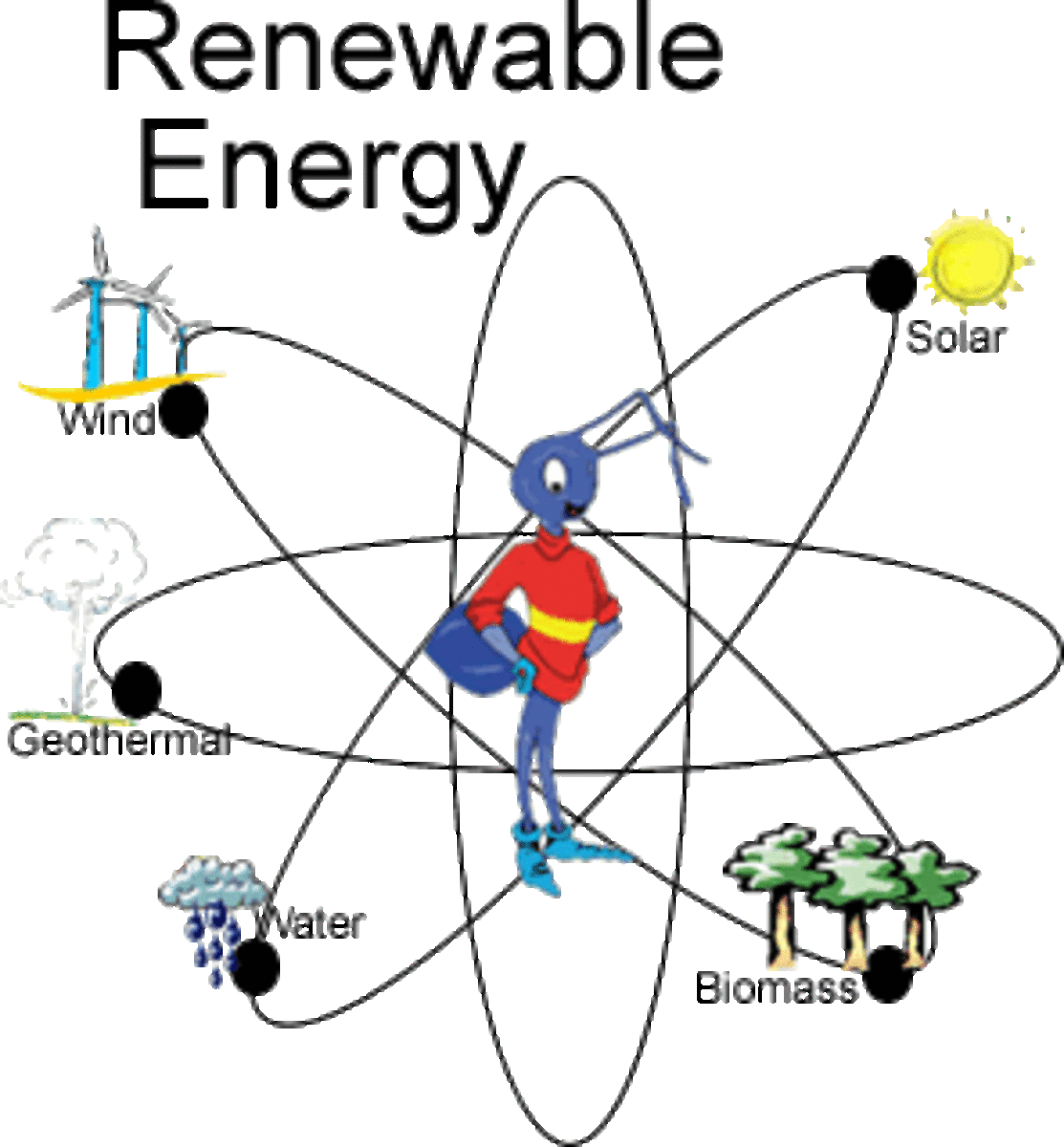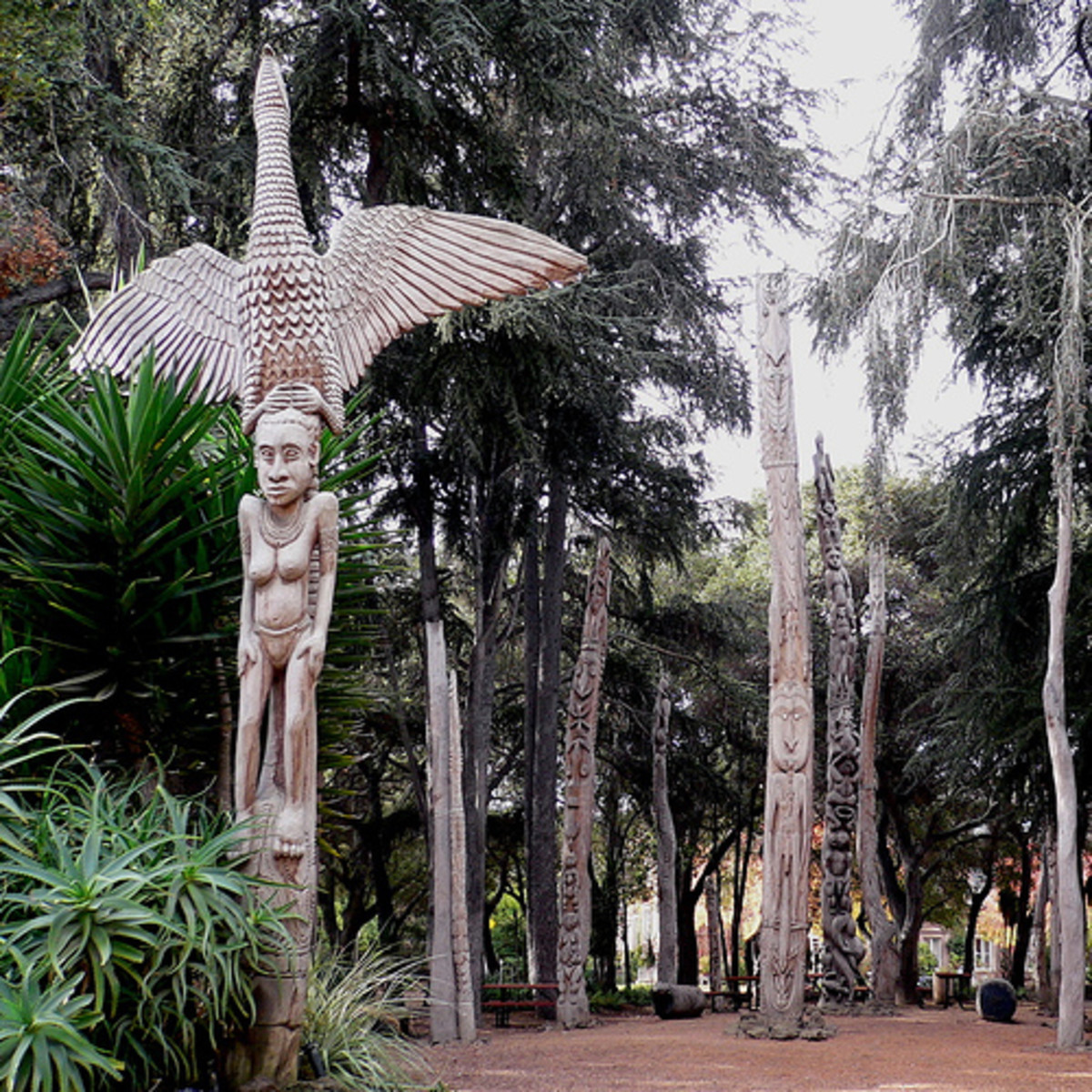Energy. What is it?
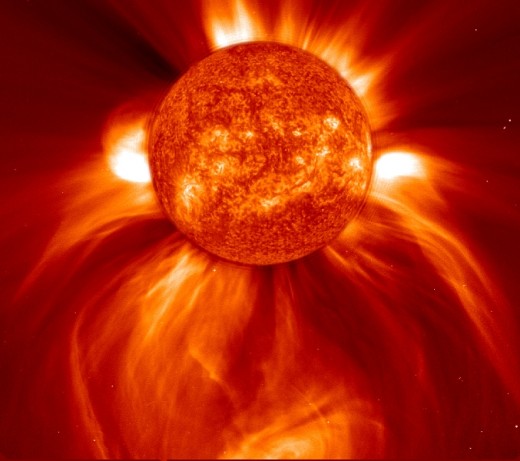
What is energy?
Most people will tell you energy is just the capacity a system has to do work. That’s a rather poor overall definition because for there to be work, something has to be doing it. The definition of capacity for work is a specific definition relating to mechanical energy. You won’t find that definition in any thermodynamics book. Most of them will tell you that work is a process of energy transfer. Few try to tackle the problem of what energy actually is, but rather define work differently.
In thermodynamics no work is being done as defined as: force exerted on something through a distance. This is the standard definition of work. But in thermodynamics heat energy flows from one place to another. No force is directly exerted. Some definitions of work tell us that energy is being transformed from one type to another.
So you see, the common mechanical definition that energy is the capacity to do work does not always strictly apply.
What do we mean when we ask what something is? What is a tree? We can describe a tree and what it does very effectively. But what is it? The word tree is a symbol encompassing a range of attributes, composition and behaviour. But you can always break the question down farther and keep asking: “But what is it really?” as if you are trying to get to a concrete definition which perfectly explains a tree.
But there is no such definition because in the end you come to find out it is a configuration of energy/mass at its root, as all things are.
So what is energy?
No one can give you more than a description of its behaviour and attributes. But if you want proof that energy is not an abstract idea, plug yourself in to wall socket. No don’t. The shock might kill you.
Until Einstein energy and matter were thought to be separate things. But when he discovered that famous equation E=mc squared that all changed. Energy and mass are the same thing.
In chemistry there are some processes which do exactly that in small quantities, and of course small amounts of matter (less than one percent) are converted to a great deal of energy in atom bombs. When you eat you are converting matter to energy as well.
Mass and energy are intimately related. All mass has energy. But not all energy has mass. That is important.
Now notice I have been saying mass instead of matter. Mass is the measure of how much matter is actually in an object. So in a sense we could say matter and mass are really the same thing. The trouble with using matter instead of mass in physics is that matter has a lot of different definitions in different fields of study. The word mass is just more precise and has a clearer definition.
Generally matter is anything that has mass and takes up space. Mass is measured on earth by weighing the object in question in kilograms. But it was defined by Newton as the quantity of inertia an object has. Inertia being the resistance an object has when being changed from standing still to moving or from moving to standing still.
However, mass is not weight. On the moon your weight changes but the amount of mass you contain does not. Confused yet? In any case, mass and matter are pretty well interchangeable terms for most of us.
But notice what I said above: All matter or mass has energy in it, but not all energy has mass. The most well known object that has no mass but is just energy, is light. The photon has no mass. One can hardly say that a photon is an abstract idea. Because of them you can read the words on this page.
Matter and energy are the same thing in different form in the same way ice, water, and water vapour are the same thing in different form: H2O. Matter is simply compressed or bonded energy. Matter contains vast amounts of potential energy. Again, to get an idea of how much, we use the equation E=mc squared. It turns out that the potential locked in a pencil could power a small city for perhaps a year if we could release all of it in a controlled way.
So energy is not just a property of matter or an abstract idea concerning work. Matter is a by-product of energy transformation.
"It was Planck's law of radiation that yielded the first exact determination - independent of other assumptions - of the absolute magnitudes of atoms. More than that, he showed convincingly that in addition to the atomistic structure of matter there is a kind of atomistic structure to energy, governed by the universal constant h, which was introduced by Planck." -Albert Einstein
What is energy? I could say how does it feel to be it? You are energy. There is nothing but energy/matter.
No one as yet can give a perfect definition of what energy actually is. But we know a lot about it, and every day science learns more. Isn’t the universe an amazing place?



